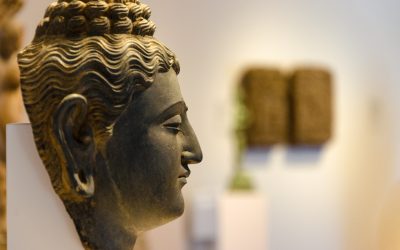In the KJV translation, 1 Corinthians 14:12 reads as follows:
“So are you, if you go to spiritual gifts strive, then seek to abound in gifts for the edification of the church.”
'spiritual gifts' is what most translations here render. The sentence therefore sounds very logical. But the English Darby translation here has 'ghosts':
“Thus (ye) also, since ye are desirous of spirits, seek that ye may abound for the edification of the assembly”.
This is explained in a footnote as follows.

I'm not going to try to translate the footnote literally, because 'JND-English' isn't that simple, but what I'm getting from this is the following:
- You could use 'spiritual gifts' as a translation, but the original (Greek) word is more powerful in meaning and that does not appear in the translation;
- The Corinthians, coming from the Gentiles, confused the actions of demons with the Holy Spirit; they looked for the power and action of a mind to distinguish itself.
- Therefore the apostle was obliged to point out to them the difference between demons and the Holy Spirit.
- The original (Greek) expression also points to the reality of a spirit acting on a personal level, while for Christians there should only be one Spirit, the Spirit of God.

